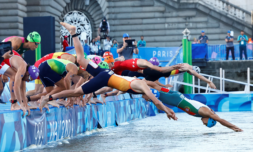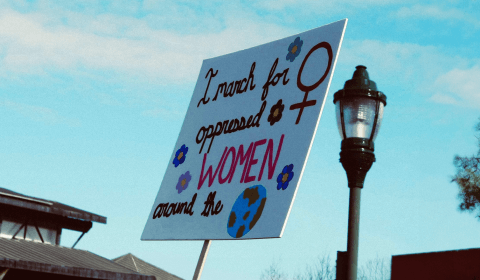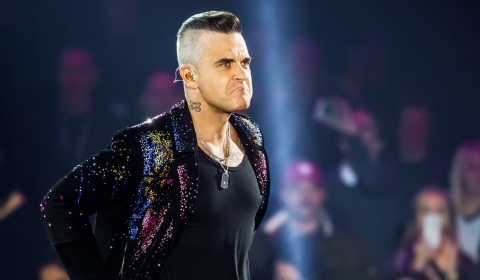Imane Khelif, a 25-year-old Algerian boxer, has become a focal point in the ongoing debate surrounding gender and eligibility in women’s sports. Being the first female boxer from Algeria to win an Olympic boxing gold medal, her story is emblematic of the complexities that arise when gender identity and athletic competition intersect.
At the Paris Olympics 2024, Imane Khelif’s boxing participation was marked by attacks over gender eligibility and it has become arguably the competition’s biggest controversy. Khelif’s victory over Italian opponent Angela Carini in a 46-second bout sparked a row about gender and sports amid the ongoing competitions in Paris.
The controversy surrounding Khelif began to gain international attention in 2023, when the International Boxing Association (IBA) declared her ineligible and disqualified her to compete in women’s competitions.
Despite Khelif initially appealing the decision to the Court of Arbitration for Sport (CAS), she later withdrew from the process. The IBA states that the ruling was based on the organisation’s assessment of her gender, a decision that drew significant scrutiny and sparked a wider conversation about the criteria used to determine eligibility in female sports categories.
Similarly, Taiwanese boxer Lin Yu-ting suffered the same fate as she was disqualified but did not appeal to the ruling.
The IBA’s decision was rooted in its policy on gender verification, a procedure that has been criticised by some for its lack of transparency and the potential psychological impact on athletes. The ruling prevented Khelif from participating in various competitions, which was a sizable blow to her career as a rising star in the boxing world.
In contrast to the IBA’s decision, the International Olympic Committee approved Khelif’s eligibility to compete in the Paris 2024 Olympic Games. This decision highlighted the differing standards and policies that exist between various sporting organisations when it comes to gender identity.
The IOC’s decision to allow Khelif’s participation was influenced by its updated guidelines on gender identity, which emphasizes inclusion and non-discrimination. These guidelines reflect a broader shift within the Olympic movement toward accommodating athletes whose gender identity may not fit traditional definitions.




















